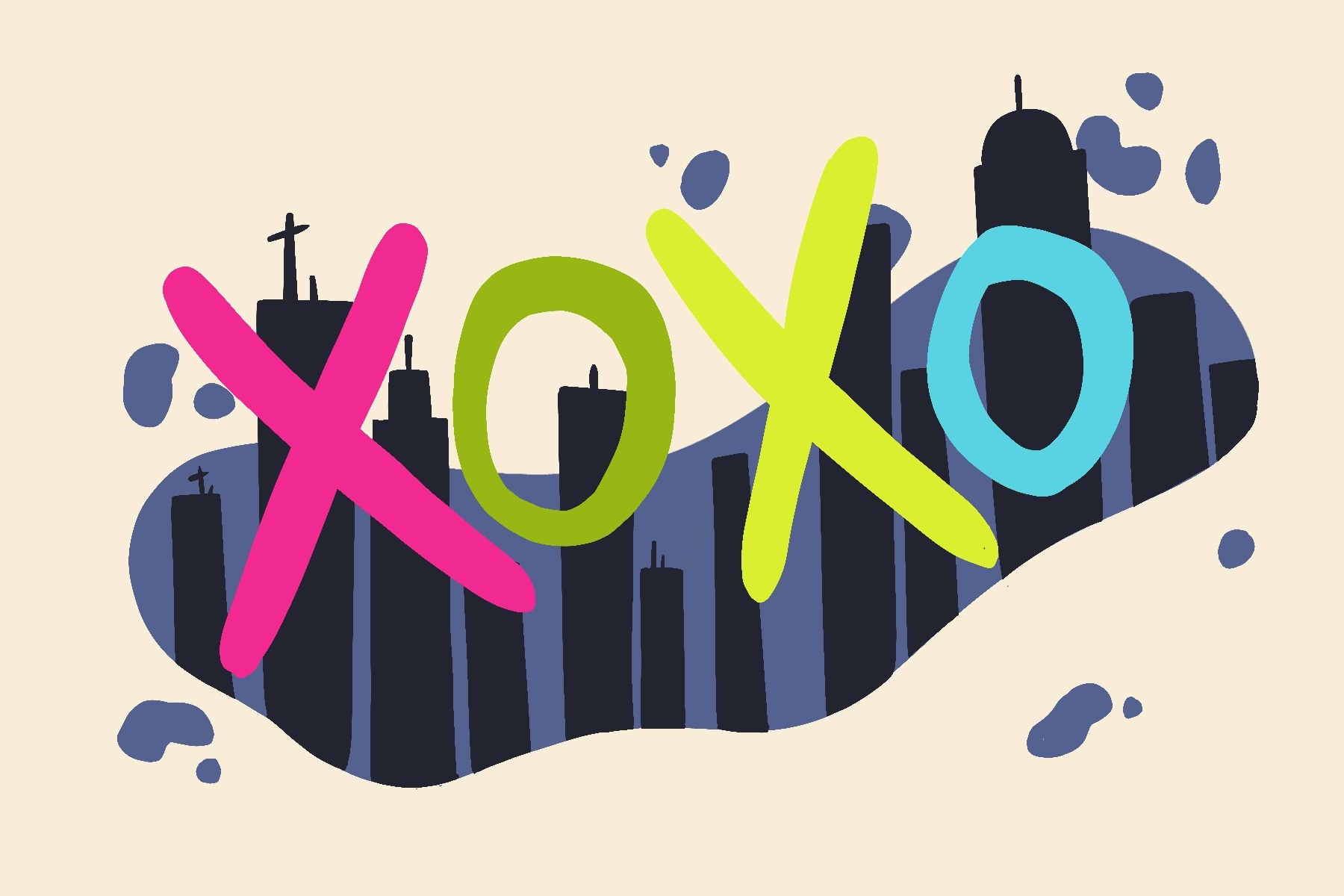In recent years, there has been a huge rise in reboots of classic TV shows that captured the hearts of teens around the world. Many of those, including “Beverly Hills, 90210,” “Full House” and “Boy Meets World,” have received a lot of praise, but for some shows, a reboot is not a great idea. Last week, HBO Max premiered the first episode of “Gossip Girl,” a spinoff of the hit teen drama of the same name, which aired from 2007 to 2012. The original show quickly became a classic, shooting actresses Blake Lively and Leighton Meester to stardom. Unfortunately for HBO Max, the new “Gossip Girl” has not met total praise just yet.
The Show
Viewers are treated to a young blonde emerging from a train into Manhattan in the opening scenes of both series, a hopeful indicator that the new version will emulate the original. However, it is increasingly clear to viewers that “Gossip Girl” 2.0, as it is being referred to now, couldn’t be more different.
From the get-go, the main cast is seemingly intolerable. Julien (known as JC), an influencer/model, enlists her estranged half-sister Zoya to come to the now co-ed Constance Billard, of which JC is conveniently on the selection committee. As stated in a review by Full Circle Cinema, “Julien’s friend group are characters so bland [we] won’t even name them,” a sharp contrast to the lovable original cast of “Gossip Girl.” However, this troupe comes with its own set of scandalous issues that form a huge part of the plot, ranging from civil rights, sex and drug addictions to plain old-fashioned mean girls.
Now, to the most pressing of questions about this new series: Who is Gossip Girl? Well, contrary to the original show, the viewer gets to know Gossip Girl herself right from the start. In an epic twist, it is the teachers who are constantly sabotaging their students. Kate Keller, a teacher at Constance Billard who “longs for the simpler days when students respected authority and adhered to boundaries,” reignites the phenomenon that is Gossip Girl, alongside her posse of other fed-up teachers seeking revenge on their entitled students. While this could be an excellent way of portraying the real frustrations that teachers may feel with their students, it comes across as creepy and crosses way too many boundaries to be legal.
Social Media
One of the most glaring changes in the reboot is the students’ obsession with social media. The allure of the original Gossip Girl was partially due to the mystery behind its origin, as social media was virtually non-existent and smartphones were only a figment of the imagination. As Kate Keller learns the hard way, the new Gossip Girl won’t be successful in the way that it once was on a website or on Twitter (which are apparently obsolete), so she turns to Instagram.
Furthermore, social media defines the personalities of characters like Julien, who is a popular online influencer staging her life and activities around what will get her the most likes and views on various platforms. This general, almost expert navigation of social media and technology is a thing of the future that Serena and Blair, the main characters of the original series, never encountered.
The constant presence and pressure of social media create its own set of problems for both the students and Gossip Girl herself, as there is no way to avoid the threat of exposure. However, it also seems to deter the audience. Unfortunately, cancel culture and the online publication of grievances have become all too familiar in today’s public world. The “magic” of Gossip Girl’s ability to constantly keep tabs on her subjects is no longer mysterious.
Viewer Disconnect
Even in their various barhopping and party-crashing endeavors, the students of the original series seemed to have a certain sense of adolescence that was appealing to audiences around the world. This is addressed in Full Circle Cinema’s review of the premiere, which adds that the original kids “weren’t angels or anything, but they were at least relatable … You cared about what happened to them. They were flawed characters who felt redeemable.” This is an aspect that is undoubtedly missing from “Gossip Girl” 2.0 — it is impossible to know who the good guys and the bad guys are.
The students of Constance Billard in 2021 have lost any sense of redeemability and malleability that would make them productive members of society who are relatable to the common viewer. Their openly arrogant, rude and disrespectful attitudes toward their teachers would not fly in the early days of the school, even when Serena and Blair were at the top of the food chain. However, the teachers have undoubtedly crossed their own set of boundaries. There is a never-ending power struggle that extends past the school walls and onto the screens of the viewer — barring them from creating true alliances and caring about the future of the characters.
Will “Gossip Girl” 2.0 Survive?
“Gossip Girl” 2.0 was produced by the same individuals as the original series. The crew intended to create an updated and more relevant series that would fit the needs of Gen Z viewers in 2021. As such, the show tackles a whole new set of 21st-century issues. Numerous references to new social media trends, social justice issues, cancel culture and even the COVID-19 pandemic create a truly unique and current perspective on the environment of these students.
But unfortunately for HBO Max, many think that Insider said it best: The original “Gossip Girl” is a relic of a different time that cannot — and should not — be replicated. Many, including myself, continue to watch the reboot in the hopes of improvement and to hear Kristen Bell’s iconic voiceover as Gossip Girl.
The show is available to stream on HBO Max, with new episodes premiering on Thursdays. Check out this reboot and see for yourself if “Gossip Girl” is back for good.

















